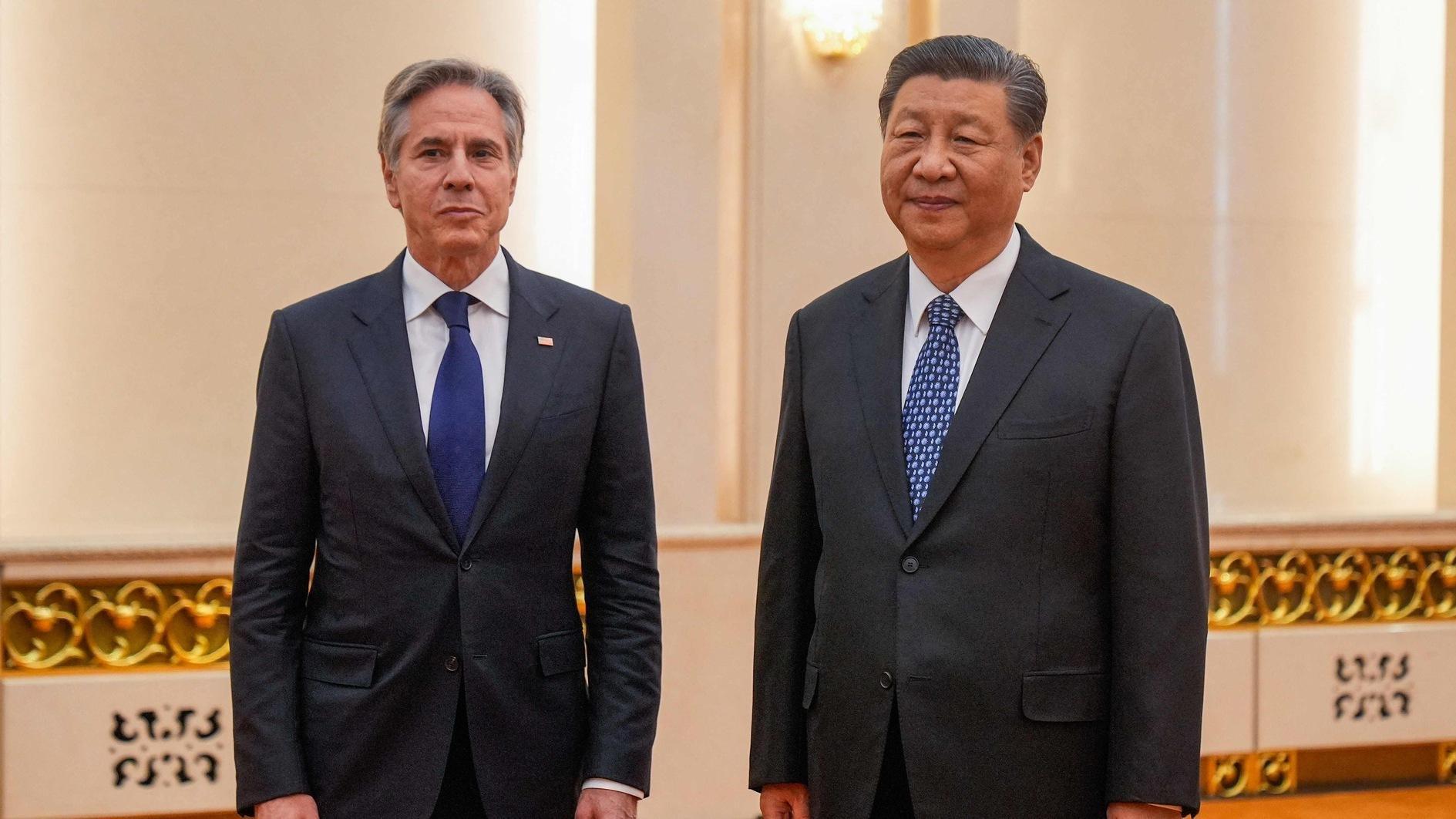Brexit or no exit, that is the question
There is no doubt that the decision of the British people to vote to leave the European Union last year came as a big surprise to the European public. Many British people were equally shocked. The subject has since gained increasing importance in the daily political agenda of the United Kingdom, and many people are now discussing whether or not the referendum result can be reversed.
Theresa May, who took over as U.K. prime minister after David Cameron resigned in 2016, has initiated the necessary formalities to launch official divorce proceedings provided for under Article 50 of the Lisbon Treaty. But the move only intensified domestic discussions over the potential effects and the costs of Brexit. Many believe that Brexit will not create favorable conditions for the British economy, despite several arguments to the contrary.
The discussion does not focus on whether there should be a “hard” or “soft” Brexit, where “hard” means prioritizing immigration control over retaining access to the single market. The British interpretation of the EU as simply a network of mutually beneficial trade ties is unacceptable to the continent. Brussels, together with various other capitals, see the EU less in terms of a single market than as a path towards some kind of a political union with centralized institutions. The U.K. has had trouble digesting this apparent devolution of sovereignty.
Continental Europe and the U.K. also differ on their views regarding migration policies. The continent sees the freedom of movement as an underlying principle of the EU.
As an island-nation the U.K. has always tried to maintain strict control over its borders and has proved reluctant to adapt itself to a more liberal migration policy. Nowadays, the issue is becoming increasingly controversial, as the immigration-related pressure on the EU is on the rise. Immigrants from the Middle East and North Africa are often linked to terrorism.
How the border between U.K.-controlled Northern Ireland and EU member Republic of Ireland will continue to function is another question the Brexit supporters have underestimated. The issue is a sensitive one, as the prospect of tighter border controls evokes memories of violence in Northern Ireland’s not-so-distant past.
Although these two issues retain prominent positions in the Brexit discussions, lately the so-called “divorce bill” has become the most pressing concern, even if the cost of the bill remains unclear.
Prime Minister Theresa May has been reluctant to release official figures and will remain disinclined to do so until the mid-December European Council. Unofficial estimates vary from between 45 to 55 billion British pounds, although some go as high as 100 billion.
The Prime Minister has received criticism not for the figure itself but for keeping it a mystery and thereby undermining the principle of transparency. Critics have seized on the opportunity to accuse her of putting the interests of the ruling Conservative Party before U.K. national interests.
Brexit discussions continue to dominate British politics. It is too soon to see any light at the end of the tunnel. The discussions will mark the domestic politics of the UK far more than they will the EU or any individual member state.











